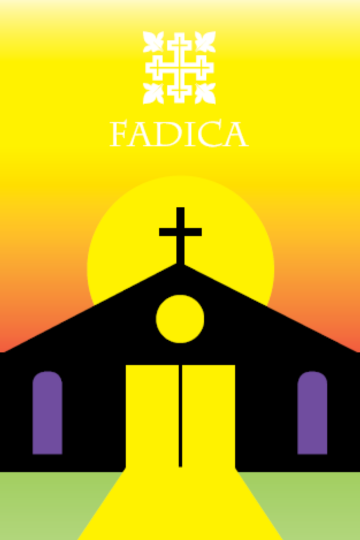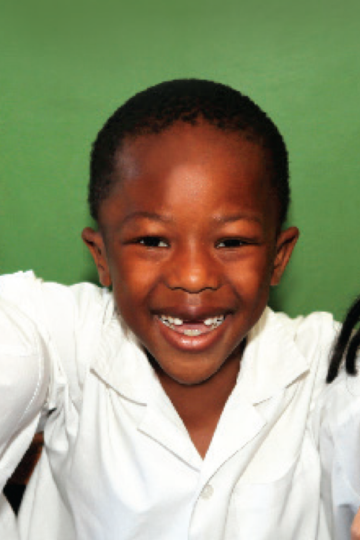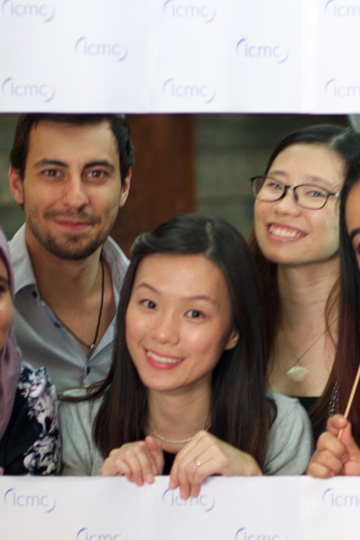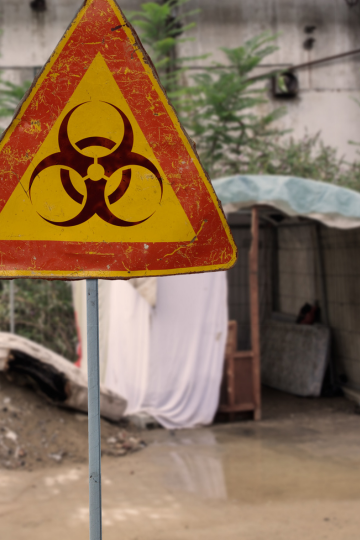Our research focuses on issues important to the field of Catholic philanthropy.
This report is a synthesis of listening and dreaming sessions focused on the experiences, ideas, and dreams of Black Catholic leaders and parishioners in the United States.

The state of homelessness research, practice, and policy within the context of Catholic social tradition.

Identification of the characteristics, practices, and examples of flourishing parishes.

A deeper dive into previous research on Catholic school governance models.

Aggregated data of anti-trafficking activities from over 100 Catholic college and university campuses nationwide.

Attitudes, opinions, and perceptions on Catholic education in America and what drives parents’ decisions about educational choices for their children.

Catholic school governance models and related issues, and illuminates the current landscape, including a matrix to visualize and understand the comparable components of the many models.

Trends in the refugee and migrant crisis as identified by Catholic practitioners and highlights innovative Catholic responses to the crisis overall.

Themes for effective engagement of the next generation, and real-life examples and ideas from foundations and donors in Catholic and other faith traditions.

An overview of the Ebola crisis and the international response in the three countries hardest hit by Ebola, and describes a Catholic approach to resiliency key gaps and opportunities for action in alignment with the Holy See’s Ebola response and rebuilding initiative.

Highlight major findings of recent sociological studies of U.S. women religious.

Top trends in experiences had by Latino/a Catholics in the Church by key leaders in Hispanic ministry and the Catholic Church.
FADICA is the leading philanthropic peer network serving as a catalyst for a vital Catholic Church, Catholic ministries, and the common good. We promote the growth and effectiveness of Catholic philanthropy inspired by the joy of the Gospel and the Catholic social tradition. FADICA supports its members through education, exchange, fellowship and faith, research, joint funding opportunities, and interaction with Catholic leadership.